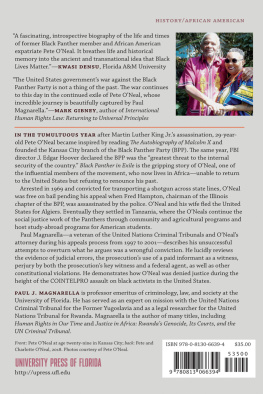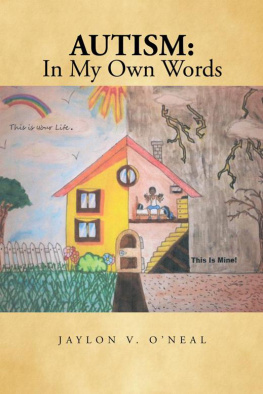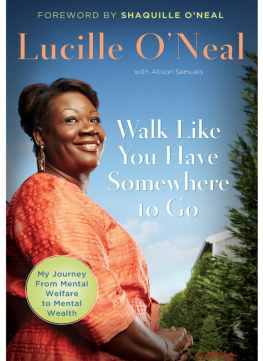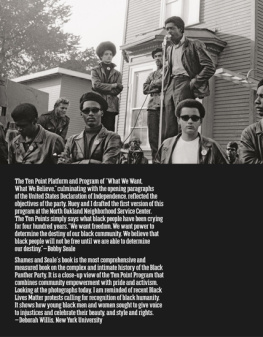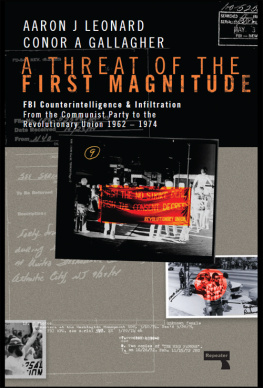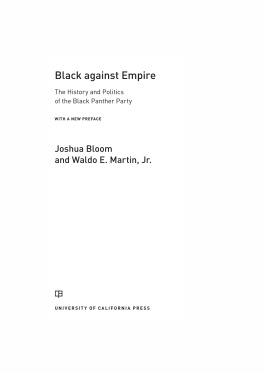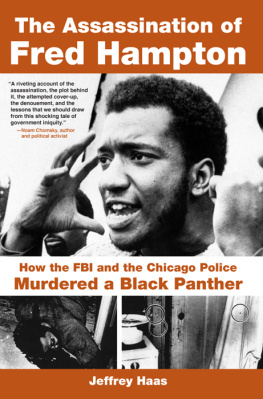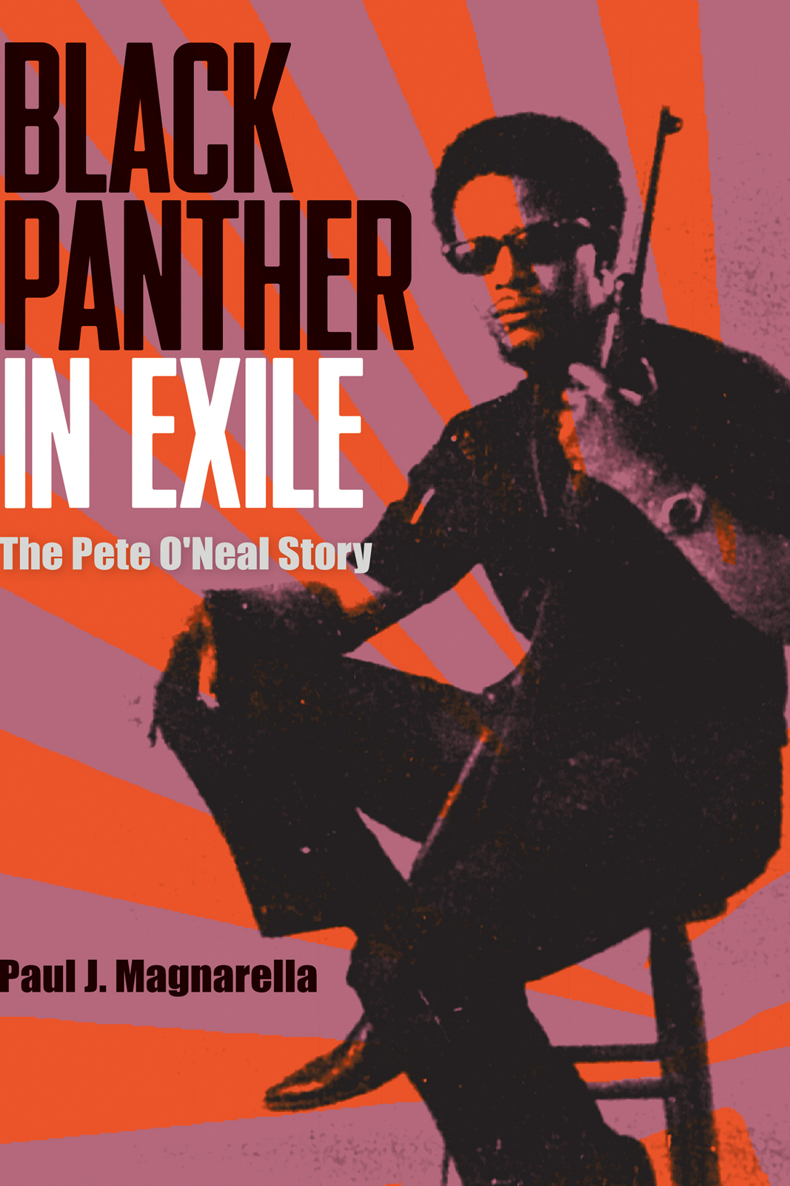Florida Gulf Coast University, Ft. Myers
BLACK
PANTHER
IN EXILE
The Pete ONeal Story
Paul J. Magnarella
University Press of Florida
Gainesville Tallahassee Tampa Boca Raton
Pensacola Orlando Miami Jacksonville Ft. Myers Sarasota
Images courtesy of Pete ONeal
Copyright 2020 by Paul J. Magnarella
All rights reserved
Published in the United States of America
25 24 23 22 21 20 6 5 4 3 2 1
Library of Congress Cataloging-in-Publication Data
Names: Magnarella, Paul J., author.
Title: Black Panther in exile : the Pete ONeal story / Paul J. Magnarella.
Description: Gainesville : University Press of Florida, 2020. | Includes bibliographical references and index.
Identifiers: LCCN 2019052091 (print) | LCCN 2019052092 (ebook) | ISBN 9780813066394 (hardback) | ISBN 9780813057491 (pdf)
Subjects: LCSH: ONeal, Pete. | Black Panther PartyHistory. | African American political activistsBiography. | African AmericansCivil rightsHistory20th centuryBiography. |
AmericansTanzaniaBiography.
Classification: LCC E185.97.O54 M34 2020 (print) | LCC E185.97.O54 (ebook) | DDC 322.4/20973dc23
LC record available at https://lccn.loc.gov/2019052091
LC ebook record available at https://lccn.loc.gov/2019052092
The University Press of Florida is the scholarly publishing agency for the State University System of Florida, comprising Florida A&M University, Florida Atlantic University, Florida Gulf Coast University, Florida International University, Florida State University, New College of Florida, University of Central Florida, University of Florida, University of North Florida, University of South Florida, and University of West Florida.

University Press of Florida
2046 NE Waldo Road
Suite 2100
Gainesville, FL 32609
http://upress.ufl.edu
For Pete and Charlotte ONeal,
and for all who contribute to racial equality and social justice
Contents
ix
xi
xiii
Figures
Figures follow .
Preface
Felix Pete ONeal grew up in a country that disadvantaged its black inhabitants, first as slaves and then as citizens. Pete spent his youth and young adult years in an impoverished, racially segregated section of Kansas City, Missouri. Growing up during the height of Americas civil rights era, he experienced and witnessed the kind of police brutality that was reserved for the underprivileged. He was fourteen years old when the US Supreme Court finally held that racial discrimination in public schools was unconstitutional (Brownv. Board of Education, 1954). When he was fifteen the Supreme Court called for an end, with all deliberate speed, to racial discriminatory admissions to public schools (Brown v. Board of Education, 1955). He was twenty-seven years old when the Supreme Court finally invalidated apartheid laws that criminalized interracial marriages (Loving v. Virginia, 1967). That was followed in 1968 by the assassination of the civil rights leader Martin Luther King by a white racist. One year later, ONeal joined the Black Panther Party, becoming deputy chairman of the Kansas City Chapter. He soon became a victim of the governments unconstitutional electronic surveillance and a target of Alcohol, Tobacco, and Firearms agents, local police, and the FBIs COINTELPRO (Counter Intelligence Program), which was designed to destroy the Black Panther Party. On October 30, 1969, ATF agents arrested ONeal, accusing him of having transported a shotgun across the Kansas City, KansasKansas City, Missouri, state line some nine months earlier.
After being convicted in a trial that involved judicial errors and serious constitutional rights violations, and fearing for his life, Pete and his wife, Charlotte, fled to Algeria, joining Eldridge and Kathleen Cleaver and other Black Panthers already there. They were not alone in their flight from injustice. During those same years thousands of white, middle-class American males were fleeing the United States to evade the draft and military service in Vietnam. Fortunately for them, President Jimmy Carters executive order of January 21, 1977, granted a full pardon to approximately 10,000 of these Vietnam-era draft evaders. Earlier, President Gerald Ford had offered nearly 70,000 Vietnam-era military deserters clemency. These two presidents, one a Democrat and one a Republican, wisely forgave so that the country might heal.
Many hundreds of Americans have called for ONeals free return to the United States. His lawyer, the present writer, has filed petitions with the US District Court in Kansas documenting the constitutional irregularities in his original trial and requesting a new, fair trial. Yet, ONeal remains in Tanzania, unable to return to his country of birth, without going to prison for a wrongful conviction. He is one of the last Black Panthers in exile. This is Pete ONeals story.
Acknowledgments
Many people contributed to this book. Pete and Charlotte ONeal graciously hosted me in their Tanzanian home and shared their life stories with me. Austin F. Shute, Petes defense attorney in Kansas and Missouri during the late 1960s and 1970, assisted me in the 1990s and 2001 as I represented Pete before the US District Court for the District of Kansas. Austin also turned over to me his accumulated legal and newspaper files on Pete and the Kansas City, Missouri, Black Panther Party. My wife, Sharlene, typed up the many hours of recorded interviews I had conducted with Pete and Charlotte in Tanzania. Sharlene also proofread my court petitions and the manuscript chapters for this book. Sian Hunter, a senior editor at the University Press of Florida, and freelance editor Stan Ivester offered valuable advice and assistance during various stages of my writing. Professor Mary Adkins of the University of Florida College of Law was especially helpful with the legal chapters. Professor Kwasi Densu of Florida A&M University, Professor Mark Gibney of the University of North Carolina, and Professor Rhonda Williams of Vanderbilt University also made positive contributions. Others who contributed in one way or the other include: US House Representative Emanuel Cleaver II, journalists Harry Jones and Steve Penn, attorneys Kurt D. Marquart and Kevin L. Jamison, Federal Public Defender Dave Phillips, Assistant US Attorney Leon Patton, former Kansas City Detective Thomas Saunders, Court Operations Supervisor Heather Wilkerson, Mickey Dean, Christine Magnarella-Ray, David Ray, Professor Haig Der-Houssikian, and Ben Dyal. To them and others whom I have met and conversed with over the years in connection with my legal work for Pete, I express my sincere thanks.
Introduction
Deep unrest marked the 1960s and 1970s in the United States. Resentment against the US involvement in Vietnam fueled riots in major cities and protests at universities. The civil rights movement grew in intensity as African Americans, American Indians, Mexican Americans, and women demanded equal rights and better economic opportunities. Blacks and many other minorities expressed fear and resentment of municipal police departments, few of which had more than a token number of minority officers. On August 28, 1963, over 200,000 people, mostly blacks, marched on Washington, DC, to hear Martin Luther Kings I Have a Dream oration at the Lincoln Memorial. Despite Kings popularity, militant blacks challenged his nonviolent, Gandhian approach to attaining civil rights. In August 1965, the National Guard was called out to help quell six days of protests and riots in Watts, a large black section of Los Angeles. The very popular black leader Malcolm X was murdered in 1965, and the following year forty-three American citiesincluding Washington, DC; Baltimore; Atlanta; and Detroitexperienced race riots in which over 3,500 persons were arrested and 7 killed.

